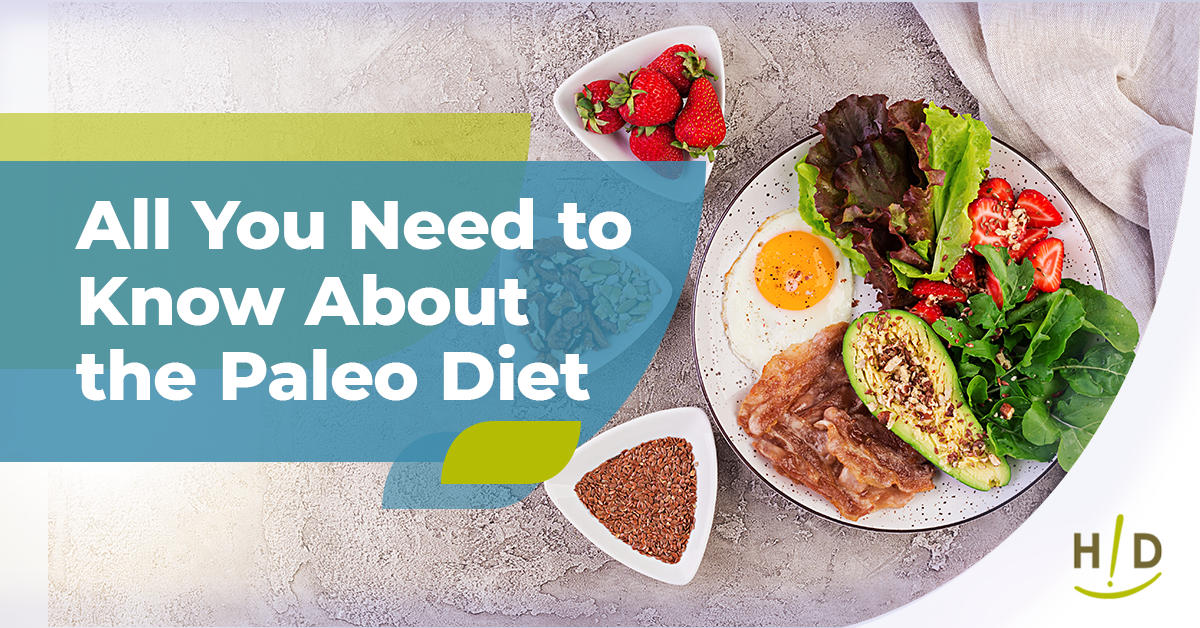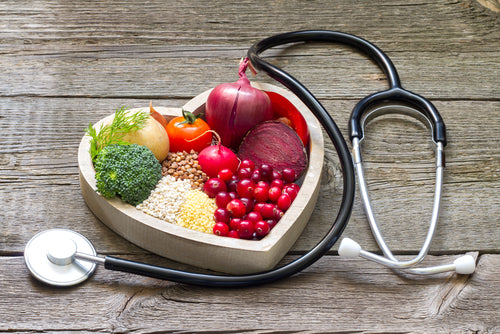Deeply green, leafy and so very, very versatile. Believed to be Persian in origin, by the 12th century, spinach had spread across Europe and became a much desired leafy green known for its health benefits. That reputation remains to this very day. Spinach (Spinacia oleracea) belongs to the amaranth family and is related to beets as well as quinoa. The health benefits of spinach in your diet might have far more benefits than you think! There are some surprising links to improved health thanks to this nutrient-packed leafy green that we may be taking for granted. Spinach is delicious whether eaten on its own, added as a replacement to other leafy greens in a salad, cooked, or part of another dish entirely. Let’s take a closer look at all the health benefits of spinach and why it is so important to add to your diet!
Spinach Nutrition
If you eat roughly 100 grams, or 3.5 ounces of raw spinach, as calculated by the FoodData Central by the U.S. Department of Agriculture (1) :
- Carbohydrates: 3.63 g
- Calcium, CA: 99 mg
- Cholesterol: 0 mg
- Fiber: 2.2 g
- Iron: 2.71 mg
- Magnesium: 79 mg
- Protein: 2.86 g
- Potassium: 558 mg
- Sugars: 0.4 g
- Sodium: 79 mg
- Total saturated fats: 0 g
- Total trans fatty acids: 0 g
- Total lipid fat: 0 g
- Vitamin C: 28.1 mg
- Folate: 194 mcg
- Beta-carotene: 5.6 mg
- Lutein + zeaxanthin: 12.2 mg
- Vitamin E: 2.0 mg
- Vitamin K1: 283 mcg
You’ll notice there are carbohydrates in spinach, but almost all of those carbs consist of fiber which is incredibly healthy for us. While spinach contains small amounts of sugar, these are healthy forms in both natural glucose and fructose.
Fiber
Spinach is rich with insoluble fiber. This is the type of fiber that helps promote the healthy movement of material through your digestive system. It increases stool bulk, so it can be exceptionally beneficial to those who struggle with constipation or irregular stools.
Vitamins and Minerals Benefits
Spinach is a leafy green high in carotenoids. Carotenoids are plant pigments responsible for the bright, vivid colors found in many plants and vegetables. These pigments play an important role in the health of the plant, while those who eat plants rich in carotenoids get protective health benefits as well. Carotenoids are known as a class of phytonutrients (or plant chemicals) and are found in the cells of a wide variety of plants, algae, and bacteria. They help a plant to absorb light energy for photosynthesis. In the human body, carotenoids act as antioxidants, and in another amazing fact: the human body can then turn carotenoids into vitamin A. (2)
Vitamin A
Vitamin A is one of the essential vitamins that assist in preserving your eyesight. This vitamin is needed to convert the light that hits your eye into an electrical signal that can be sent to your brain. In a 2020 study from UCD Conway Institute of Biomolecular and Biomedical Research (3), researchers in collaboration with international researchers from the University of Ulster, University of Washington, and University of California published brand new findings that describe how our eyes recycle vitamin A so that we can see throughout the day. The type of vitamin A that we eat in our diet switches from inactive (light-sensitive) to active (light-sensitive) form in our eyes. This switch needs to be tightly controlled as too little of each can lead to inherited or age-related forms of blindness.
Other vitamins in spinach that are beneficial include:
- Vitamin C, which is a powerful antioxidant that promotes skin health and immune function.
- Vitamin K1, a vitamin essential for blood clotting. A single spinach leaf contains over half your daily needs!
- Folic Acid, known as folate or vitamin B9, is a vital compound for pregnant women and essential for normal cellular function and tissue growth.
- Iron, which spinach is an excellent source of. Iron helps create hemoglobin, which brings oxygen to your body’s tissues.
- Calcium, which is a mineral essential for bone health and a crucial signaling molecule for your nervous system, heart, and muscles.
- Magnesium, which is a mineral that helps the body relax, overcome stress, and produce energy.
Spinach Can Help Fight Oxidative Stress Free radicals are byproducts of metabolism. They can cause oxidative stress, which triggers accelerated aging and can increase your risk of cancer and diabetes. (4) However, spinach contains antioxidants, which fight oxidative stress and can help reduce the damage it causes. Studies backed up by human and animal research have found that spinach helps prevent oxidative damage. (5)
Other Benefits
Spinach contains two components, MGDG and SQDG, which may slow down cancer growth. In one study, these compounds helped slow tumor growth in a person’s cervix, they also decreased the size of the tumor. Several other studies have linked spinach consumption to less risk for prostate cancer, breast cancer, and in one animal study, it is suggested that eating spinach may also help suppress cancer formation. (6) There are so many health benefits packed into a single green leaf of spinach! It most certainly is one of the raw vegetable powerhouses of nutrition and vitamins our bodies so desperately need. It's why we pack so much leafy green goodness in our no soy, no GMO, Gluten-free, USDA certified organic, keto-friendly Advanced Super Food Organic Powder. The sheer benefits of spinach and other green leaf plants can easily be overlooked when it comes to taking back our health, and at MyHDiet, we want to put the healing power of raw plants and your own body back into your hands!
- FoodData Central Spinach Nutrients: https://fdc.nal.usda.gov/fdc-app.html#/food-details/1103136/nutrients
- Bioconversion of dietary provitamin A carotenoids to vitamin A in humans: https://www.ncbi.nlm.nih.gov/pmc/articles/PMC2854912/
- UCD Conway Institute of Biomolecular and Biomedical Research – New Insights into Vitamin A recycling and daytime vision: https://www.ucd.ie/researchandinnovation/
- What is oxidative stress? https://pubmed.ncbi.nlm.nih.gov/10693912/
- Antioxidant Effects of Spinach Supplementation in Hyperlipidemic Rats: https://pubmed.ncbi.nlm.nih.gov/24772405/Impact of spinach consumption on DNA stability in peripheral lymphocytes and on biochemical blood parameters: results of a human intervention trial: https://pubmed.ncbi.nlm.nih.gov/21384253/
- Spinach and health: Anticancer effect: https://www.sciencedirect.com/science/article/pii/B9780123746283000268The inhibitory effect on replicative DNA polymerases, human cancer cell proliferation, and in vivo anti-tumor activity by glycolipids from spinach: https://pubmed.ncbi.nlm.nih.gov/17439396/A prospective study of fruit and vegetable intake and risk of prostate cancer: https://pubmed.ncbi.nlm.nih.gov/17652276/ Intake of carrots, spinach, and supplements containing vitamin A in relation to risk of breast cancer: https://pubmed.ncbi.nlm.nih.gov/9367061/






